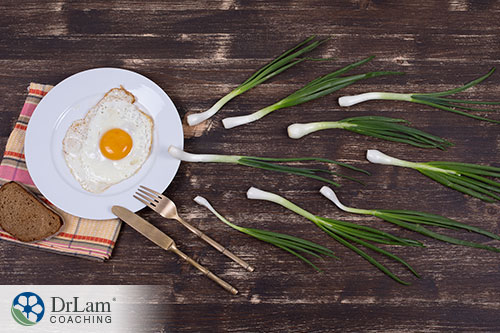 Infertility is increasingly a growing problem in the world at the moment. Many couples spend years and lots of money trying to have a child and may struggle to conceive or to carry a pregnancy to full term. This may happen because of many factors and your overall health may be one of them. One of the easiest and surprisingly effective changes you can make to increase your chances of becoming pregnant is to eat more fertility foods. Those foods that are so-called fertility foods, may help to restore any hormonal imbalances.
Infertility is increasingly a growing problem in the world at the moment. Many couples spend years and lots of money trying to have a child and may struggle to conceive or to carry a pregnancy to full term. This may happen because of many factors and your overall health may be one of them. One of the easiest and surprisingly effective changes you can make to increase your chances of becoming pregnant is to eat more fertility foods. Those foods that are so-called fertility foods, may help to restore any hormonal imbalances.
Infertility is the inability to become pregnant after regular intercourse without birth control for a year or for 6 months. This is a fairly common problem in the US, with around 12 to 13 couples out of every hundred struggling to conceive a child. About 6.1 million women in the US aged between 15 and 44 have trouble getting or staying pregnant.
There are many causes of infertility. About a third are due to female fertility problems, a third because of male fertility problems, and the final third is caused by a combination of issues that are either known or unknown. Fertility is an even bigger problem for women as it declines with age. As women get older, they lose part of their ovarian reserve with each menstrual cycle. The quality of their eggs also decline over time, which means that any fertility issues are likely to worsen with age. This combination of causes and confounding factors makes infertility a very complicated issue to address or solve. This means that it is vital to try every tactic available to boost your chances of conception. It includes adding more fertility foods to ensure that you are consuming a well balanced diet.
There are a variety of factors that can cause infertility in women. This includes physical issues as well as dietary deficiencies, which is why fertility foods can be so helpful. Just some of these causes of infertility are:
Some of the most common causes of male infertility include:
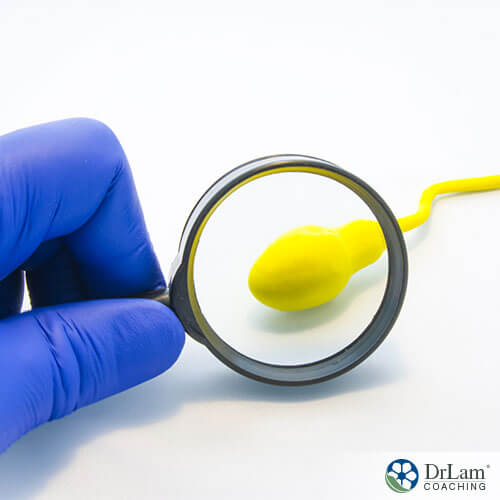 Testicle injuries that affect sperm production.
Testicle injuries that affect sperm production. Another issue which can affect fertility in both men and women is Adrenal Fatigue Syndrome (AFS). This causes severe problems and imbalances that will affect every aspect of health, including your hormones.
The hormonal circuit can become dangerously unbalanced when you have AFS. AFS is caused by chronic stress, a very common complaint in the modern world. The NeuroEndoMetabolic (NEM) stress response is the first responder when you are under stress. It increases the body’s alertness so that it can respond to stress and helps defend the body against damage. The adrenal glands are a vital part of the NEM stress response because they excrete cortisol, a key hormone in your body’s response to stress. But the NEM stress response is designed to be active for short periods, and when this natural balance is lost it can cause problems. The adrenal glands are often the first organs to show signs of overwork. When they become fatigued, it may result in causing widespread problems that can be very serious if not addressed.
The hormonal circuit consists of the sexual organs such as ovaries or testes, the adrenal gland, and the thyroid gland. So, as the adrenals become fatigued, the rest of this circuit quickly follows because of the interdependence of all these systems. When you have AFS, adrenal fatigue is often quickly followed by thyroid malfunction, resulting in general sluggishness and weight gain. And as these two organs malfunction, the ovaries or testes become dysregulated as well.
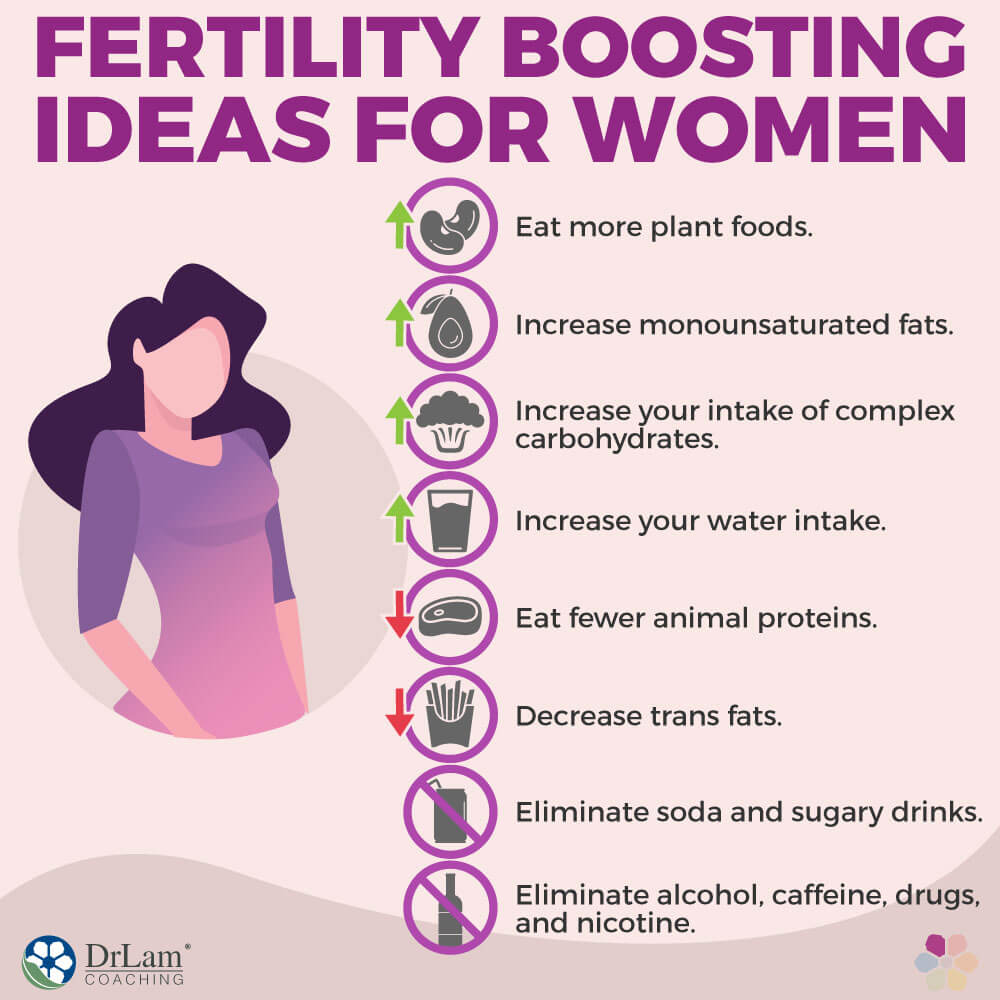
When you are under stress, conception and fertility is difficult because during stress your body goes into the ‘flight or fight’ mode. As a result, your hormone levels are disturbed, causing fertility problems. This problem is further compounded when you have AFS. The dysregulation of the hormonal circuit can cause deficiencies of certain hormones that are essential for sperm or egg production. In women, this can bring on issues like irregular menstrual cycles, endometriosis, and estrogen dominance. And in men, this may affect sperm production, numbers, and health.
The key to correcting these imbalances is to relieve sources of stress. Unfortunately, many people eat a diet that’s high in toxins or unhealthy foods and is a key source of stress. So, correcting this problem by including more fertility foods in your diet will not only improve your chances of conceiving, it will also help to alleviate your AFS.
There is no easy answer when you struggle with fertility. However, there are certain lifestyle changes and fertility foods that will help boost your chances of conceiving. These strategies can help in the case of ovulatory infertility, but obviously won’t eliminate physical impediments to pregnancy. However, these ideas will also help to improve your overall health and aid with weight loss. Adding fertility foods in your healthy diet regime would not only give you a good foundation for pregnancy and motherhood, it will help you lead a healthy life overall.
Here are some ideas to include fertility foods for women:
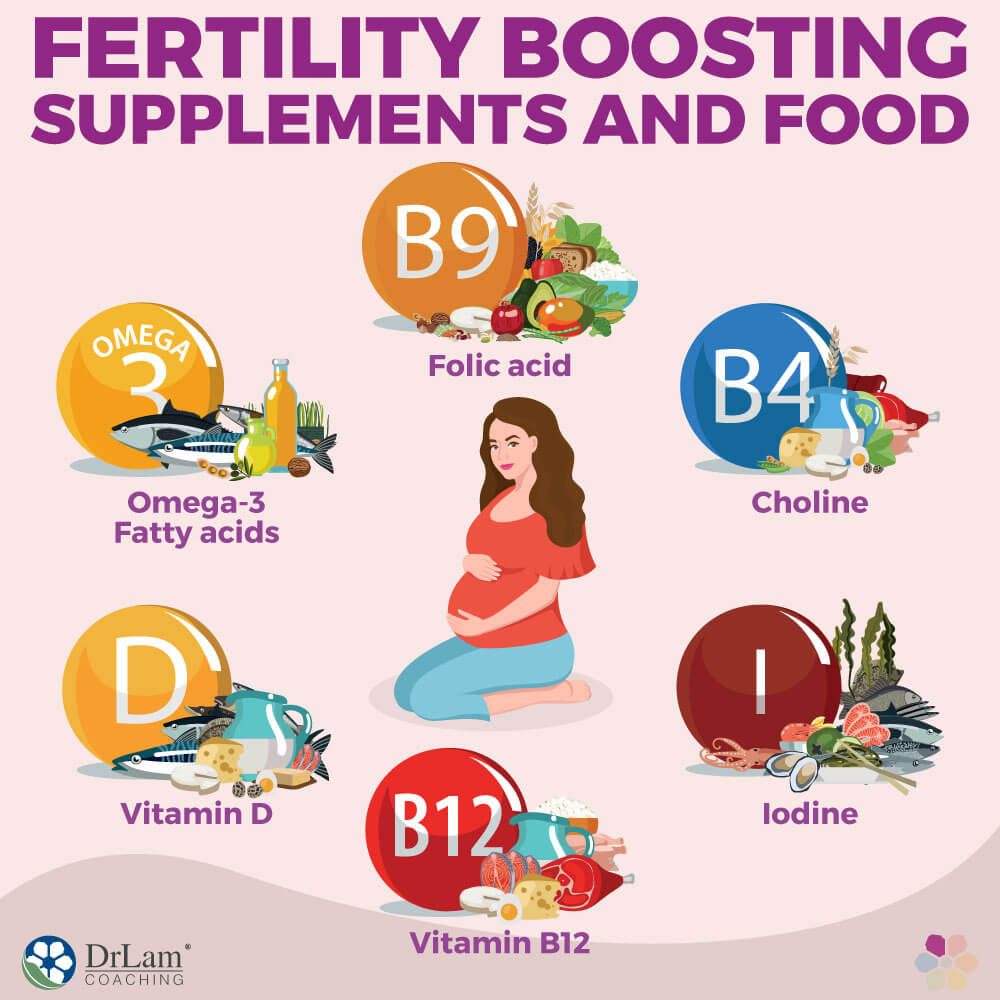
Another way to boost female fertility is by increasing your intake of certain nutrients that are vital for conception, hormonal balance, and pregnancy. This includes:
Understanding male fertility is not as clear as understanding female fertility. However, there are fertility foods that can help improve the semen quality. Some of the changes that men should make include:
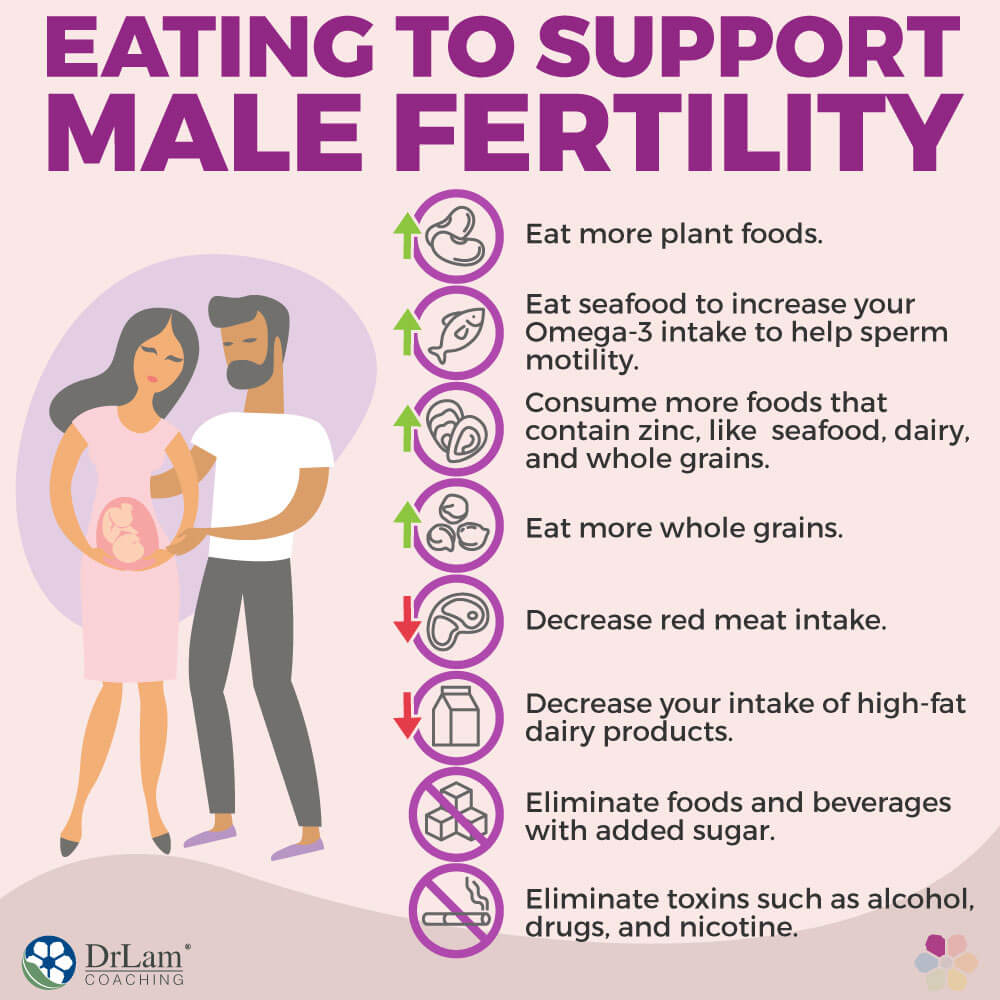
Eating more fertility foods to increase your chances of conceiving will also naturally help to improve your AFS in several ways. Firstly, it will improve your overall nutrient intake. Deficiencies and poor nutrition are often key causes of AFS and can deprive the cells and organs of what they need to function properly. They can also increase your stress levels, which will increase the demand for cortisol and add to adrenal fatigue. So, if you improve your diet by adding more fertility foods and fewer of the foods that may harm your health, you will probably notice an improvement of your AFS symptoms as well.
There are also fertility foods that will directly improve your AFS. Foods that contain vitamin B12 for example will help to balance your hormones. These vitamins are a vital part of the process of methylation, which is the process that the liver uses to detoxify substances. If these processes are incomplete then an amino acid called homocysteine can build up in the body and this is strongly associated with hormone imbalances. Folate and Omega-3 fatty acids are also linked to a good hormone balance. So, if your hormonal circuit has become dysregulated because of AFS, improving your diet with these fertility foods will help.
When you are struggling to conceive, it can be a stressful and heartbreaking time. Many couples spend years and thousands of dollars in the pursuit of having children. Before you go down this path, it is worth trying easier, cheaper and less invasive methods. By adding more fertility foods to your diet and removing food that could be damaging your health, you will give your body what it needs to support and carry the new life you crave.
© Copyright 2020 Michael Lam, M.D. All Rights Reserved.
Infertility can be a serious and heartbreaking problem for many couples. So, if you struggle to conceive, then you need to ensure that your body is getting all the nutrients it needs to function at its best. This means eating known fertility foods.
